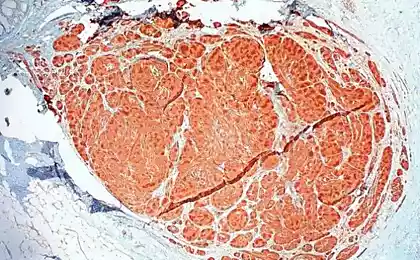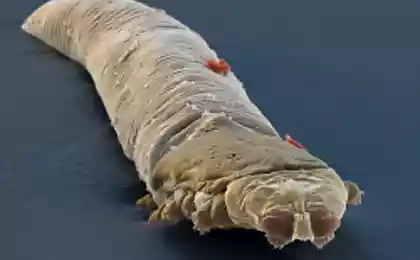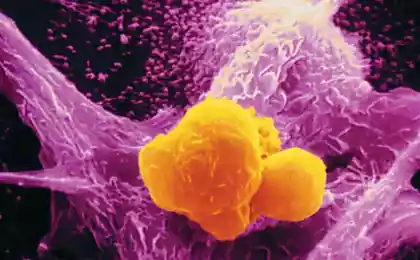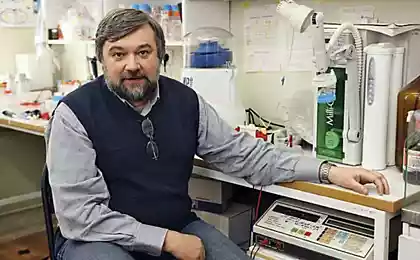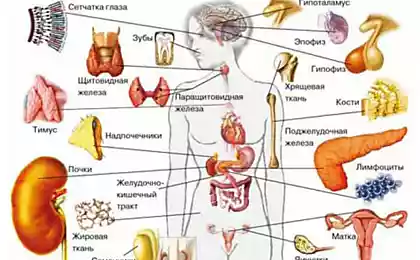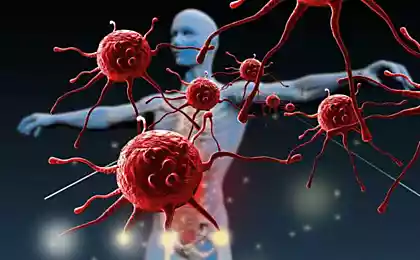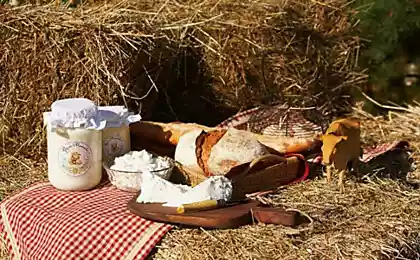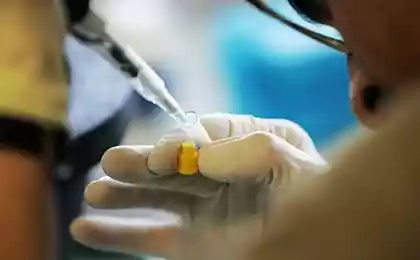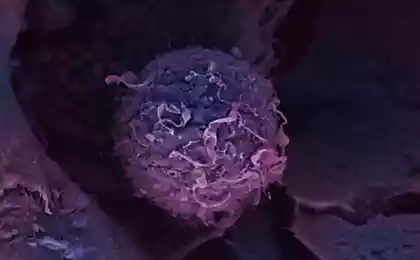502
Laboratory meat— to be or not to be

Imagine a day when hamburgers will be grown from stem cells in a factory, able to provide meat to the whole settlement. Such a future is not far off, experts say.
The technology needed to grow meat in a lab already exists, and it offers production methods that are environmentally cleaner and more ethical than currently used. If people take the concept of eating meat grown in a lab, then most problems will remain in the economic sphere, sure Danish sociologists.
"Since large areas of the world getting richer, it is expected that global meat consumption over the next decades will increase significantly, the scientists write in their work. Thus, we believe that grown meat is a promising addition to a number of alternative sources of protein".
The current method of meat production is environmentally unsafe, say the authors. It consumes a lot of energy and pollute the environment and cause the suffering of animals. Although there are vegetable sources of protein, most people still prefer meat. And it can be expected that global meat consumption will only increase, since many people in developing countries move into the middle class, experts believe.
Lab-grown hamburgers From a technological point of view to grow meat in a lab is possible. Scientists have developed a technology of creating artificial organs from stem cells, and to produce the meat required similar methods.
As proof of concept of the Danish researcher mark Post in 2013 was grown in the laboratory first Burger using stem cells from skeletal muscles of a cow.
In the new work, the authors have outlined a possible method of meat production in the laboratory. The cells of a living organism, obtained by biopsy, cultured in nutrient-rich solution inside the bioreactor. Then cells from this drive can be transferred to all large containers, while they ultimately will not look like hamburger mince.
But the fact that meat can be grown in a lab, does not mean that people would want to eat.

Unexpected factor "Most people initially find the idea of growing meat surprising," the authors write. In the Netherlands the majority of respondents reacted with surprise, mainly because of the possible consequences for animals. However, some expressed disgust due to associations with hot dogs and genetically modified food.
Reaction to the presentation of the Burger Mark Post indicates that many people consider lab-grown meat a promising alternative to conventional methods of production. Some fear that the new meat some "unnatural" or "technological", but these feelings are balanced by similar concerns, the systems of industrial agriculture, the researchers say.
"Everything points to the fact that on a conscious level, many are willing to accept it, says mark Post, a genetic engineer from the University of Maastricht in the Netherlands. Right now meat is available, and it is cheap. The only problem we may face is the welfare of animals, as well as a vague feeling that there are practices in meat production, which we will not be able to close my eyes. If that changes, alternatives will become more attractive".
Today, the greatest difficulty in growing meat in a lab can be the cost of this process.
Economic barriers the Authors performed rough calculations comparing the cost of laboratory and traditional meat production. The most important factor in determining the price of cultured meat is, apparently, the medium for cell cultivation.
In the Netherlands, the meat costs a little more than 5 euros per kilo, while a kilo of meat grown in a conventional nutrient medium, is 391 Euro. Using the cheapest nutrient medium and relying only on it, you can reduce the cost up to 8 euros per kilo.
But the cost of artificial meat may be reduced, according to some experts.
"As usually happens in the market, after improving technology or improving existing methods or developing new ones, it is possible to take care of the profitability, — says an expert on bioethics Patrick Hopkins. Given the increasing demand, increasing population and land use the existing method of laboratory cultivation of meat is economically unprofitable".
Source: facepla.net

